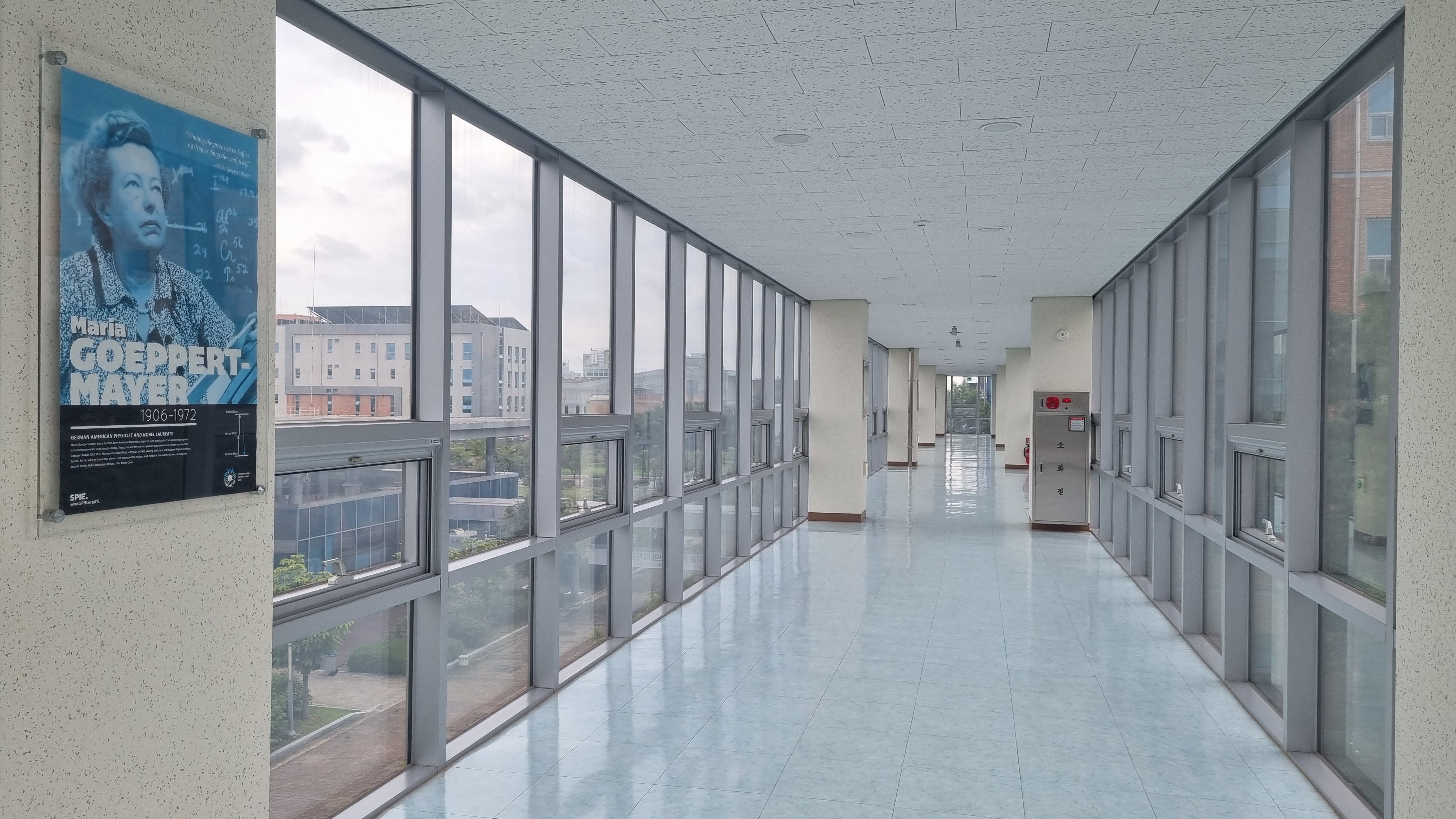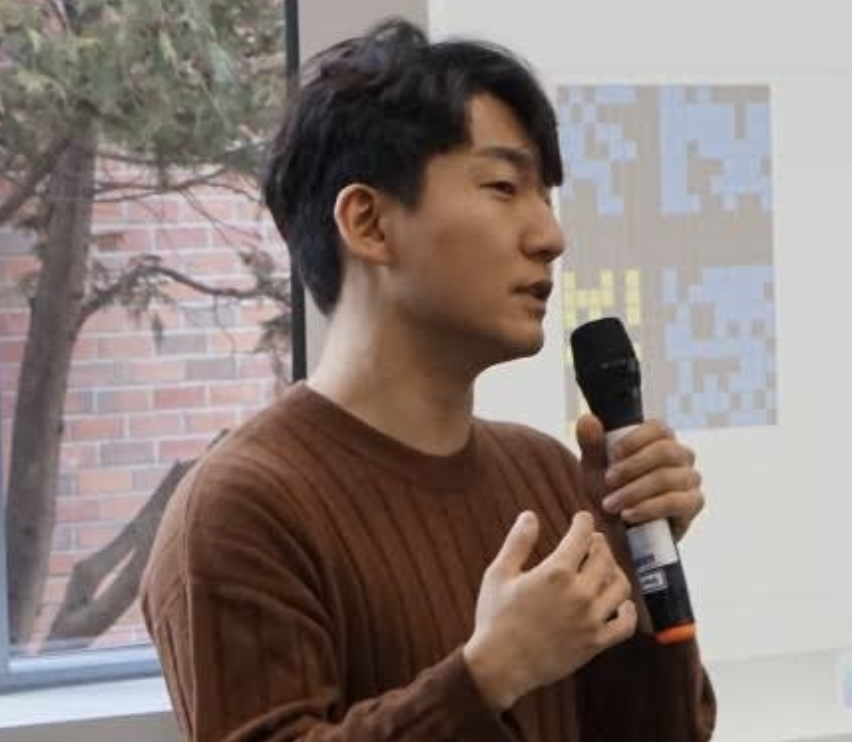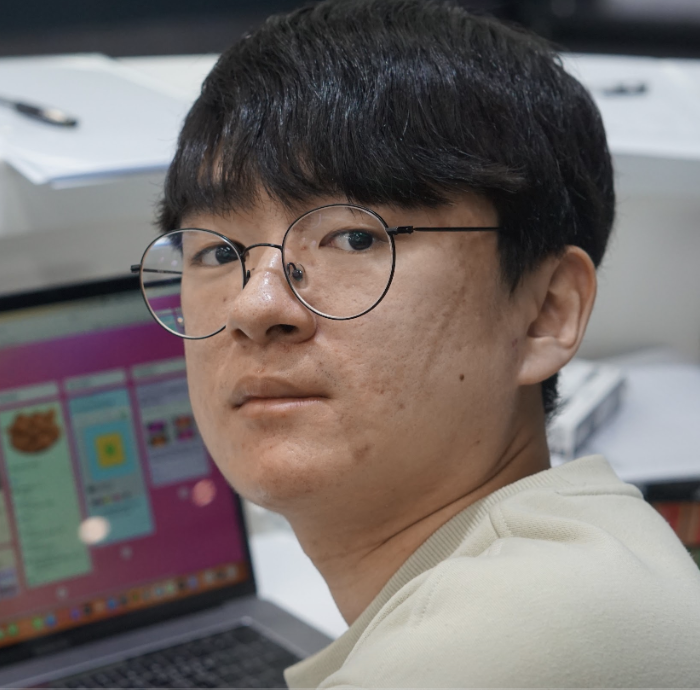Class Information
Back to the ML/DL Course - 2023 Fall (AI5213/EC4213)
Course Outline
This course is an introductory course on traditional statistical machine learning. Topics include: linear regression, classification, sampling methods, model selection, tree-based methods, support vector machine, deep learning, unsupervised learning, survival analysis, and hypothesis testing. Prior knowledge in basic statistics and programming (Python) is recommended.
Course Codes: AI5213 / EC4213 / AI4021 / CT5303 / ET5402 / FE5402
Staff
Meet our team, led by a professor and supported by three TAs, facilitating your learning experience.
Professor
TAs
- Communication: The course schedule and all resources (e.g. lecture slides, discussion worksheets) will be posted on the course website. All class discussions, announcements and other communication will take place via Ed Discussion. If you need to contact the course staff privately, please make a private question on Ed.
Useful Links
- Access the EC4213/AI5213 Ed Discussion forum. If you haven’t already been added to the class, use this invitation link.
- Submit your assignments at the EC4213/AI5213 Gradescope. If you need the entry code, find it on Ed Discussion in the post entitled “Gradescope invitation link”
Textbook & References
PDFs are available on below links.
- Introduction to Statistical Learning (ISL)
- Elements of Statistical Learning (ESL)
- Video lectures of the authors
Homework and Exams
Submit your assignments at the EC4213/AI5213 Gradescope.
- HW 1 is due Sunday, Sep 10 at 11:59PM
- HW 2 is due Sunday, Sep 24 at 11:59PM
- HW 3 is due Sunday, Oct 15 at 11:59PM
- HW 4 is due Sunday, Nov 5 at 11:59PM
- HW 5 is due Sunday, Nov 19 at 11:59PM
- HW 6 (Poster submission) is due Sunday, Dec 3 at 11:59PM
The midterm will take place on Monday, Oct 23, 1:00-3:00pm in GIST College Building C, Room 104.
The final exam will take place on Monday, Dec 11, 1:00-3:00pm in GIST College Buildge C, Room 104.
If you have a conflict with any of the exams, let us know as soon as possible, and we will schedule a makeup. All exams will be closed book with a single A4-size (both sides) crib sheet. Be sure that the crib sheet must be handwritten. A printed crib sheet created by an iPad is not allowed. After the exam, you must submit the crib sheet together with your exam sheet. Any other materials are not allowed (e.g., mobile phone, iPad, laptop, books).
Exams will cover material from lecture, sections, the readings, and the project. In particular, you are likely to do poorly on the exams and in the course if you do not do your share of the homeworks and projects.
- For midterm, ISLP Ch.1-8 and relevant materials will be covered.
- For finals, ISLP Ch.9-13 and relevant materials will be covered.
ML Challenge
You will be taking part in a machine learning contest, either as a team or individually. Participate in one of the following challenges:
- 데이콘: HD 현대 AI Challenge (Team size: up to 3)
- Forecast vessel waiting times at ports from voyage and operational data.
- Leaderboard closes: Oct 30, 2023
- NeurIPS 2023: CityLearn Challenge Forecast track (Team size: up to 4)
- Predict building energy management load profiles using regression models.
- Leaderboard closes: Oct 31, 2023
- ARCathon 2023 (Team size: up to 4)
- Develop an AI capable of autonomously solving novel tasks.
- Leaderboard closes: Dec 1, 2023
- Kaggle: Child Mind Institute - Detect sleep state (Team size: up to 4)
- Identify sleep onset and wake states using wrist accelerometer data.
- Leaderboard closes: Dec 5, 2023
Upon the conclusion of your chosen contest, your project outcomes will be showcased through two mediums: a poster presentation and a detailed project report.
(Added on Nov 17, 2023) If you feel you’re stuck and want to change the topic, you can also consider one of those. These are some new Kaggle competition launched during the class.
Poster Presentation
You are required to present your final project through a poster to showcase your efforts and engage with your peers critically. Below are the details you need to follow:
- Poster Specifications: A0 size (841 x 1189 mm), portrait orientation (세로 방향), here are some templates: A, B, C.
- Printing: Contact 첨단문화사 for printing services at the following location and ensure you request your poster to be printed at least 2-3 days before the presentation date to avoid any delays.
- Address: LG Library A, 1F, GIST
- Direct Line: 062-973-2686
- E-mail: mskim2686@hanmail.net
- Presentation Venue: The presentation will be held on the bridge connecting GIST College B and C (N5 and N6, 3F).
- Presentation Date and Time: The event is scheduled for December 4th, from 13:00 to 14:30. Please note that TAs will be present from 12:00 to assist with the setup. It’s crucial that you bring your printed poster and are ready to start promptly at 13:00.
- Requirement: Please upload the PDF of your poster to GradeScope by 23:59 on December 3rd (Sunday) as a replacement for Homework 6. Also, ensure you bring the printed version for the in-person presentation on December 4th. Both steps are required.


Project Report
Articulating your ideas and experimental results in writing is pivotal, not only for this course but for your future academic and research endeavors. The project report complements your poster presentation, providing a comprehensive insight into your analytical capabilities and methodological rigor.
- Report deadline: Dec 16 (Sat), 23:59.
- The final report should be written in English using the following template.
- Example paper (Jeong et al., 2023) - feel free to copy this project instead.
- Use KDD Cup 2023 papers as a guide for your report structure.
- Maximum report length is 8 pages; no minimum length.
- Include a snapshot showing your team’s rank on the leaderboard.
- Submit via Gradescope by one team member.
- Report should list full names, student IDs, and emails of all team members.
- If your approach has academic merit, consider submitting to international conferences like KDD 2024, SIGIR 2024 or ICML 2024 after the semester ends.
Late Policy
The policy is simple: there are no slip dates. If assignments are late, they are increasingly penalized as follows: within 24 hours, you lose 10%; within 48 hours, you lose 20%; within 72 hours, you lose 40%. More than three days late, you can no longer hand-in the assignment. Note that the penalty scheme applies to project deadlines too.
Gradings
The course will be graded on a curve (25% A, 25% B+, 25% B, 15% C+, 10% C). Median course grade is generally placed in neighborhood of B/B+ border. A+ is reserved for the very few best students in the class. The curve can shift up for an especially excellent class, as indicated but strong classroom interaction and outstanding project implementations. Graduate students and reentry students are not included in establishing the curve (to be fairer to undergraduates), but they will receive grades based on where they would fall on the curve.
- Six homework (48%, 8% each)
- Midterm (16%)
- Final Exam (16%)
- Project: ML Challenge (20%)
Collaboration Policy & Honor Code
Study groups are allowed. It is also OK to get clarification (but not solutions) from books or online resources, again after you have thought about the problems on your own. However, we expect students to understand and complete their own assignments. Each student must write down the solution independently and hand in one assignment per student, which means you write your solution after closing the book and all your notes, without helped by your colleagues. If you studied together as a group, please cite your collaborators fully and completely at the top of your assignment (e.g., “Junho explained to me what is asked in Question 2.1”). When in doubt about collaboration details, please ask us on Ed discussion.
If elements of two assignments are determined to be clearly very similar, we believe that they were done together or one was copied from the other), then the course grade for all students involved in the incident will be reduced by one letter grade for the first offense, and to an F for the second offense. (All means both the copy-ers and the copy-ees). The grade for that assignment will also be reduced to 0. More serious cases of cheating (e.g., cheating on exams) will lead to severe consequences ranging from a grade of “F” on the class to suspension from the University.



